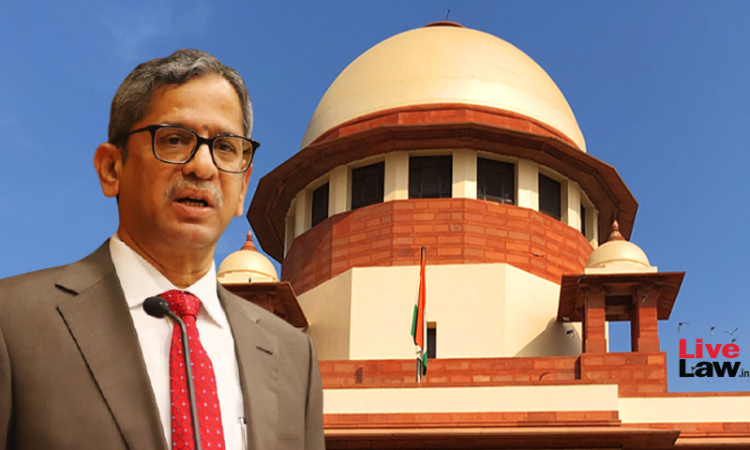Tribunal Reforms : "Government Hasn't Honoured Our Judgement", Says CJI Ramana
Srishti Ojha
24 Feb 2022 2:19 PM IST

Next Story
24 Feb 2022 2:19 PM IST
The Chief Justice of India on Thursday remarked that the Central Government hasn't honoured its verdict in the Madras Bar Association case by passing the Tribunals Reforms Act."Last time Justice Rao's bench had passed the judgement, they haven't honoured the judgement and they've immediately amended the Act" CJI Ramana remarkedThe Court had earlier also criticised the Government for passing...
